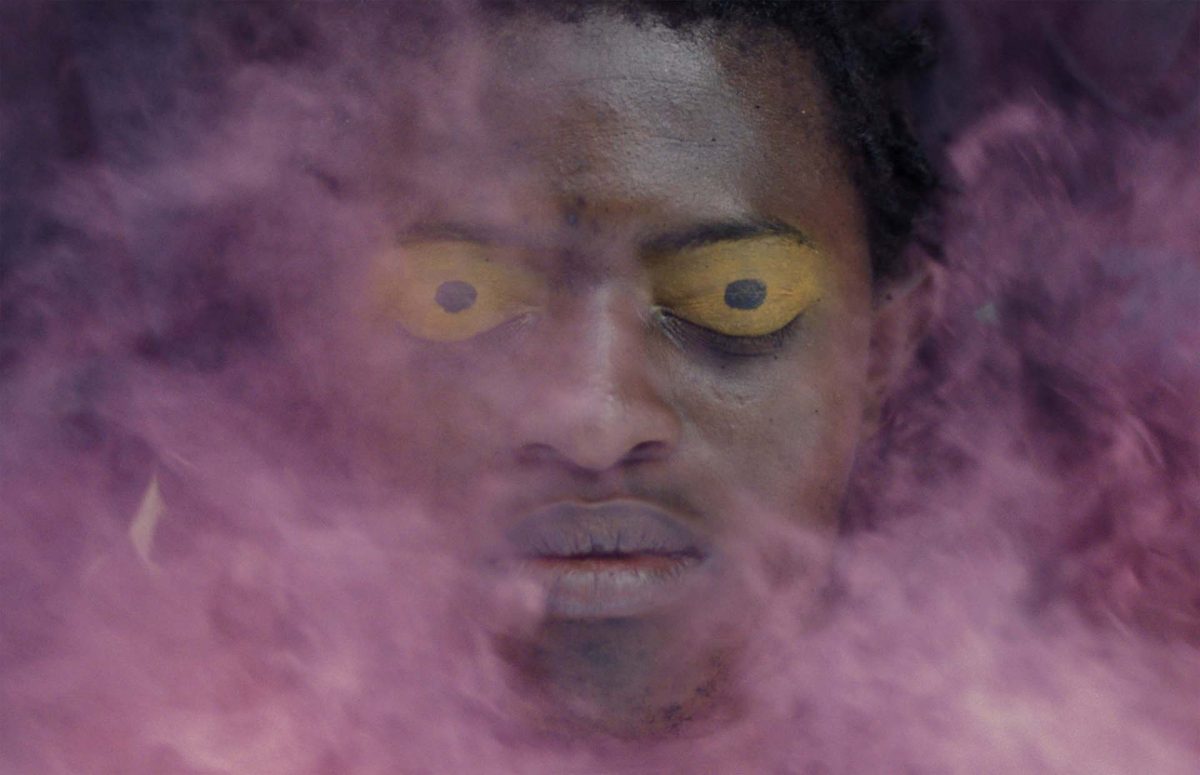For the average moviegoer, it is easy to feel like Hollywood is the be all and end all of cinema. With ads for multi-million dollar blockbusters constantly shoved down our throats, it is easy for independent features to fall through the cracks. If you are bored of the same old franchise titles hanging on your local theater’s marquee, look no further than this year’s New Directors/New Films festival.
For the past 53 years, the Museum of Modern Art and Film at Lincoln Center have co-sponsored ND/NF, treating New Yorkers to a sampling of contemporary cinema’s most exciting new voices. Having presented the early films of directors like Spike Lee, Wong Kar-wai and Guillermo del Toro, the festival has proven time and again that its annual roster of debut filmmakers is bound to contain future silver screen luminaries.
Whether you are in the mood for a Turkish legal thriller or a portrait of an old Taiwanese married couple, you will certainly find something to your taste. With a curation that spans national borders and defies genre conventions, the full list of films can seem overwhelming. But, WSN has you covered.
After going through this year’s stacked festival lineup, WSN has compiled a list of films worth checking out this year.
“A Different Man” directed by Aaron Schimberg
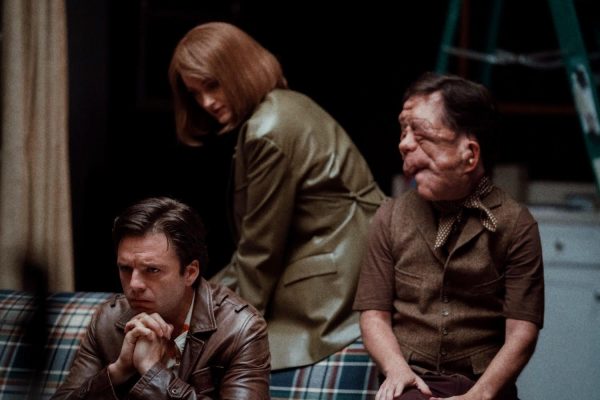
In “A Different Man,” independent American filmmaker Aaron Schimberg explores the cruel implications of society’s beauty standards, a theme which he previously explored in his 2018 feature “Chained for Life.” This incisive satire follows the insecure actor Edward (Sebastian Stan), who after facial reconstructive surgery to change his disfigured face, loses out on a role to Oswald (Adam Pearson), an actor who shared the same condition as him. With Stan — whose performance won him the best leading performance award at the Berlin Film Festival this year, at the helm of the film — alongside “The Worst Person in the World” actress Renate Reinsve, it is clear why Schimberg’s third feature-length film is one of the most anticipated projects to be screened at this years festival.
“A Journey in Spring” directed by Ping-Wen Wang and Tzu-Hui Peng
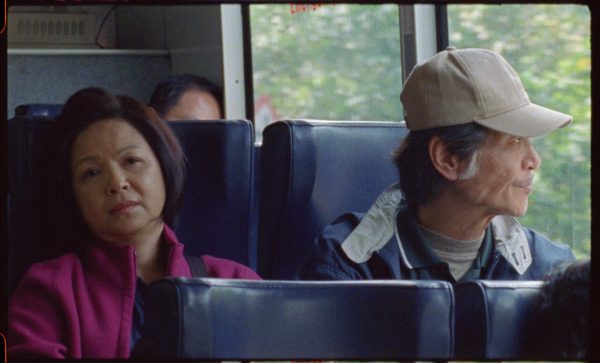
In this debut feature from Taiwanese filmmaking duo Ping-Wen Wang and Tzu-Hui Peng, the final chapters of a strained marriage are put on full display. In a secluded mountain-top house on the outskirts of Taipei, Khim-Hok (Jason King) and Siu-Tuan (Yang Kuei-Mei) spend their days traveling to the city and back, bickering nonstop and making passive aggressive remarks. Shot in Super 16 mm film, the film has a unique radiant visual texture — evoking the ephemerality of lost memories and ethereal dreamscapes. Drawing from the languorous pacing of Taiwanese New Wave filmmakers like Hou Hsiao-hsien and Edward Yang, “A Journey in Spring” is a meditative work that asks the audience to absorb their cinematic world.
“Exhibiting Forgiveness” directed by Titus Kaphar
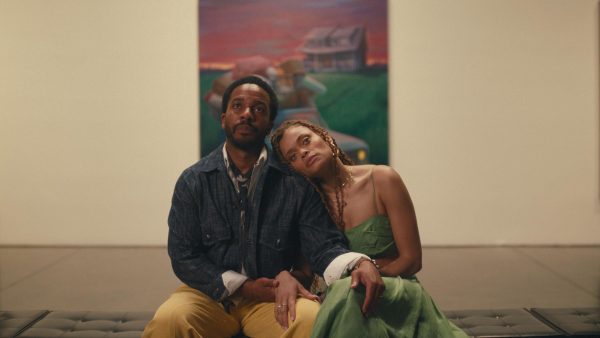
“Exhibiting Forgiveness” is renowned painter and sculpturalist Titus Kaphar’s first foray into the world of feature-length filmmaking. Starring “Moonlight” actor André Holland, the movie incorporates Kaphar’s multidisciplinary artistic craft to tell a deeply personal story of familial crisis and the African American experience in the contemporary art world. The story follows painter Tarrell (André Holland) as he suffers from a series of nightmares because of his abusive childhood experiences. While getting ready for his next exhibit, Tarrell finds that his abusive, once-estranged father has resurfaced, forcing him to reconcile the traumas of his past. Having garnered critical acclaim at the Sundance Film Festival earlier this year, “Exhibiting Forgiveness” features a magnetic lead performance from Holland while showcasing how notable voices in other mediums can make their mark in cinema.
“Intercepted” directed by Oksana Karpovych
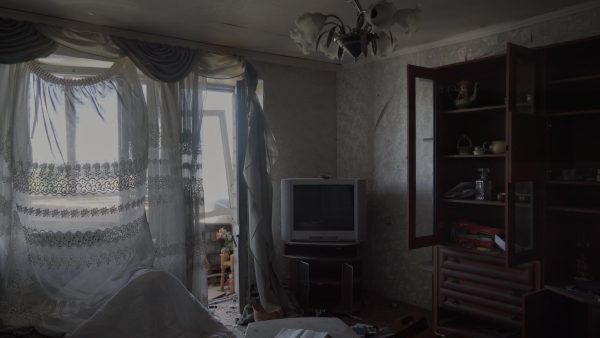
Using intercepted cell phone calls between Russian soldiers and their families back home, Ukrainian-Canadian documentarian Oksana Karpovych formulates a haunting image of human barbarity. In the last year, filmmakers like Jonathan Glazer and Steve McQueen have used film to convey horrific atrocities — not through exploitative spectacles, but rather haunting minimalism. In a similar vein, Karpovych places her focus not on chaotic media footage of the Russia-Ukraine frontline, but instead lingers on abandoned war-torn structures. Through interweaving these arresting shots of lifeless buildings and audio recordings where soldiers nonchalantly describe their violent actions to their relatives, Karpovych creates a tragically visceral, yet poetic, audiovisual tapestry of the ongoing conflict.
Contact Mick Gaw at [email protected].


























































































































































